Hazelnuts: Benefits, Nutrition, And Risks
Indulge in the deliciousness of hazelnuts and know how it can benefit your health.
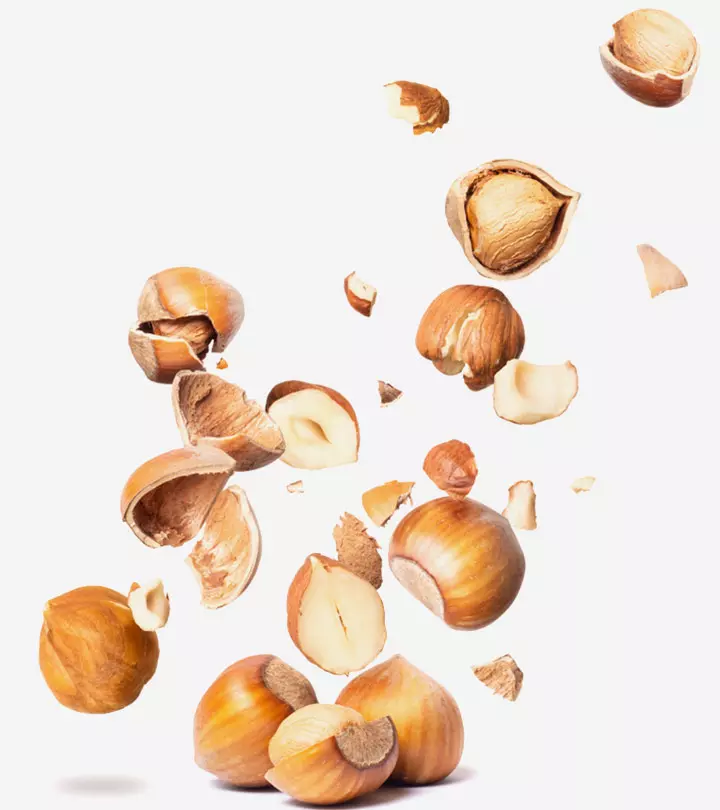
Image: Shutterstock
Hazelnuts are rich in healthy fats, vitamins, and antioxidants. They belong to the genus Coryllus and the family of Betulaceae (1). The health benefits of hazelnuts include blood pressure and blood sugar regulation, improved heart health, and reduced cancer risk. These nuts taste delicious too. You can eat hazelnuts raw, roasted, or even as a delectable spread. Read on to know more about hazelnuts, their health benefits, recipes, and any potential side effects.
In This Article
Health Benefits Of Hazelnuts
1. May Help Reduce Weight Gain
Hazelnuts are rich in monounsaturated fatty acids (MUFA) and bioactive compounds including tocopherol and phytosterols (1). Animal studies showed that hazelnuts in a high-fat diet significantly decreased body weight (2). In fact, they are also proven to improve the quality of diet for people who are obese or have insulin resistance (3). The fiber and protein content in hazelnuts may also keep you satiated for longer periods. So, the next time you are wondering how to stop feeling hungry, munch on a few hazelnuts.
 Quick Tip
Quick TipHowever, more studies are warranted to establish a clear link between eating hazelnuts and a reduced risk of weight gain.
2. May Help Protect Against Cell Damage
Hazelnuts contain antioxidants like tocopherol (1). Antioxidants protect the body from free radicals that may otherwise damage cells. Bioactive compounds like tocopherol (vitamin E) help fight cell damage. They also may have anti-cancer effects (4). In a study, these nuts were linked to reduced oxidative stress in children (5). Including hazelnuts in your diet may also boost immunity.
3. May Help Lower Cholesterol Levels
Hazelnut antioxidants may help lower cholesterol levels (1). In a study, hazelnuts could lower cholesterol levels in individuals with high cholesterol (6). A hazelnut-enriched diet was also found to lower bad cholesterol (LDL) without reducing the levels of good cholesterol (7). This way, nuts may also reduce the risk of obesity, diabetes, and cardiovascular disease. However, do consume hazelnuts in moderation as they are high in calories.
4. May Help Reduce Risk Of Cardiovascular Disease
Hazelnuts may support heart health by keeping cholesterol levels in check (7). The cardio-protective properties of hazelnuts can be attributed to their phytochemicals and phenolic compounds. These have been linked to a reduced risk of cardiovascular disease (CVD), coronary heart disease (CHDs), and stroke (1).
5. May Help Improve Insulin Sensitivity
Regular nut consumption (including hazelnuts) may help improve insulin sensitivity (8). In studies, individuals with metabolic syndrome showed improved insulin sensitivity after a daily intake of 30 grams of mixed nuts (15 g walnuts, 7.5 g almonds, and 7.5 g hazelnuts) (9). Lowering insulin sensitivity may help reduce the risk of type 2 diabetes. However, further research is needed to understand the role of hazelnuts in improving insulin sensitivity.
6. May Support Healthy Bowel Movement
Hazelnuts are a great source of dietary fiber. Dietary fiber improves digestion and the health of the gastrointestinal tract. It helps bulk up the stool, optimizes nutrient uptake, and supports a healthy bowel movement. It can also help treat acid reflux, ulcers, constipation, diarrhea, and hemorrhoids (10).
7. May Help Reduce Inflammation
Consuming hazelnuts may help ease inflammation as they are rich in antioxidants and anti-inflammatory compounds. A hazelnut-enriched diet in subjects with high cholesterol was found to lower inflammatory markers (11). However, more research is needed to validate these claims.
8. May Improve Sperm Count
Preliminary studies have reported that adding hazelnuts to one’s diet significantly improves their total sperm count (12). The other parameters studied are sperm vitality, motility, and morphology (12). However, extensive research and more clinical trials are needed to understand this mechanism of hazelnuts.
In the following section, we will look at the nutritional profile of hazelnuts.
Key Takeaways
- Hazelnuts are delicious nuts with high antioxidant and fat levels.
- Adding these nuts to your diet may reduce weight gain, lower cholesterol levels, and protect the body from free radical damage.
- You can make a health hazelnut chocolate spread or candies hazelnuts at home.
- While hazelnuts are considered safe, people with nut allergies should avoid eating them.
Hazelnut Nutrition
Although hazelnuts are high in calories, they are loaded with nutrients and healthy fats. Therefore, they are considered healthier than other nuts such as walnuts and pine nuts.
One ounce of hazelnuts contains (13):
- Calories: 176
- Total fat: 17 grams
- Protein: 4.2 grams
- Carbs: 4.7 grams
- Fiber: 2.7 grams
- Vitamin E: 4.2 grams
- Thiamin: 0.2 grams
- Magnesium: 45.6 milligrams
- Copper: 0.5 milligrams
- Manganese: 1.7 milligrams
Hazelnuts are rich in fiber. One ounce contains 11.2 grams of fiber. The nuts are also a great source of healthy fats like omega fatty acids and oleic acids. They also are rich in vitamin B6, folate, phosphorus, potassium, and zinc.
Apart from snacking on these nuts, you can also include them in your diet in various other ways. Keep reading to find out how.
How To Add Hazelnuts To Your Diet?
Hazelnuts may be consumed either naturally or roasted. Roasting improves their texture, flavor, or color depending upon time and temperature (1).
Some other ways to include hazelnuts in your diet are as follows:
- Add chopped hazelnuts to yogurt or oatmeal for extra crunch.
- Sprinkle them on top of baked goods like muffins or cakes.
- Blend them into smoothies for added texture and flavor.
- Use ground hazelnuts in baking recipes, like cookies or brownies.
- Mix them into granola or trail mix for a nutritious snack.
- Add roasted hazelnuts to savory dishes like stir-fries for a nutty flavor boost.
 Quick Tip
Quick TipPeople often eat hazelnuts as a snack or add them to salads. Ground hazelnuts can be incorporated into various recipes.
Hazelnut Recipes
- Chocolate Hazelnut Spread
Your favorite breakfast spread does not need to be laden with sugar and palm oil. Try this simple but healthy hazelnut spread to satiate all your sweet cravings.
You Will Need
- 16 ounces of dry-roasted unsalted hazelnuts (about 3 cups)
- 1 teaspoon of kosher salt
- 1 ½ ounces of chopped dark chocolate (70% cocoa or higher)
- 1 teaspoon of pure vanilla extract
Process
- Place hazelnuts, salt, chocolate, and vanilla into a blender.
- Start at the lowest speed and blend the mixture for a minute.
- Increase speed and blend about 1 to 2 minutes until smooth and creamy.
- Store in an airtight container. You can also refrigerate this spread.
- Candied Hazelnuts
Looking for something healthy to munch between movie marathons? Candied hazelnuts are crunchy and chewy dessert bites. They are a perfect guilt-free indulgence
You Will Need
- ½ a cup of packed brown sugar
- 1 large egg white, beaten
- ½ a teaspoon of salt
- ½ a teaspoon of vanilla extract
- ¼ teaspoon of ground cinnamon
- 12 ounces of blanched or raw hazelnuts (about 3 cups)
Process
- Preheat the oven to 250° F.
- Whisk the brown sugar, egg white, salt, vanilla, and cinnamon in a large bowl.
- Add the nuts and toss to coat.
- Spread nut mixture in a single layer on a parchment paper-lined baking sheet.
- Bake at 250° F until crisp and toasted, for about 50 minutes. Stir every 15 minutes.
- Remove from oven. Let it cool completely.
- Store the nuts in an airtight container for a week.
- Mini Hazelnut Tarts
Tiny bite-sized desserts are the rage now. Whip up these mini hazelnut tarts in a jiffy!
You Will Need
- 4.5 ounces of whole-wheat pastry flour
- ½ cup of raw hazelnuts
- 1/3 cup of granulated sugar
- ¼ cup of unsalted butter, softened
- 2 tablespoons of canola oil
- 1 tablespoon of 1% low-fat milk
- Baking spray with flour
- ½ cup of chocolate-hazelnut spread (try our recipe from above)
- 3 ounces of 1/3-less-fat cream cheese
- 2 tablespoons of powdered sugar
- 1 ½ tablespoons of light cream
- ½ teaspoon of vanilla extract
Process
- Preheat the oven to 350° F.
- Pulse flour and half a cup of raw nuts in a food processor until finely ground.
- Beat the granulated sugar, butter, oil, and milk at medium speed with a heavy-duty stand mixer until well combined, for about 90 seconds.
- With the mixer on low speed, slowly add the flour mixture and beat until just combined.
- Divide the dough evenly between 2 (12-cup) miniature muffin pans coated with baking spray.
- Press the dough into the bottom and up sides of the cups.
- Bake for 12 to 15 minutes until golden brown.
- Cool on a wire rack for 5 minutes. Carefully remove the crusts from pans.
- Process spread cream cheese, powdered sugar, cream, and vanilla in a food processor until smooth. Spoon 1 ½ teaspoons of the filling into each tart crust. Chill for an hour. Top each crust with two candied hazelnuts.
- Hazelnut Coffee Delight
Looking for a cozy companion for your coffee break? Try homemade hazelnut coffee that adds a delightful twist to your caffeine ritual. It is an easy treat to savor guilt-free.
You Will Need
- 1 cup of your favorite coffee beans
- 2 tablespoons of hazelnut syrup
- ½ cup of milk
- Whipped cream (optional)
Process
- Grind the coffee beans to your preferred consistency.
- Brew the coffee as usual.
- While hot, stir in hazelnut syrup for that nutty flavor.
- Froth the milk and add it to your hazelnut-infused coffee.
- Top with whipped cream if you fancy a decadent touch.
A blogger has harvested hazelnuts and shared his experience in a blog post. He says “When I was a kid, my great grandma grew hazelnuts on her farm in Oregon. Every Christmas, she’d send up a big bag of them for the family. My grandma would roast them with some butter and salt, and serve them on Christmas Eve. They’ve been a holiday staple ever since (i).”
While hazelnuts are beneficial, they may pose some risks. Let us understand more in the next section.
Risks And Considerations
- People With Allergies
Anecdotal evidence suggests that people with nut allergies should be cautious of including hazelnuts in their diet. Make sure you check if you are allergic to hazelnuts.
 Did You Know?
Did You Know?- May Lead To Weight Gain
Consuming excess hazelnuts can lead to weight gain as they are high in calories. Eating hazelnuts in moderation is beneficial to health.
The benefits of hazelnuts can be attributed to the many nutrients present in them. You can include hazelnuts in your regular diet as they can reduce weight gain, protect against cell damage, lower cholesterol levels, reduce the risk of cardiovascular diseases, and improve insulin sensitivity. They also support healthy bowel movements, reduce inflammation, and improve sperm count. Although these nuts are generally considered safe, they may trigger weight gain if consumed in excess. Also, some people are allergic to hazelnuts, so caution is advised. Try including hazelnuts in your diet with any of the recipes mentioned above.
Frequently Asked Questions
Are hazelnuts better than almonds?
If we observe a nutritional breakdown of these two nuts, hazelnuts are relatively richer in vitamins when compared with almonds (13), (14). In addition, hazelnuts contain more copper, iron, potassium, and less sodium than almonds.
Is it OK to eat hazelnuts at night?
Yes. The presence of tryptophan in hazelnuts helps improve sleep quality (15), (16). Hence, it is OK to eat hazelnuts at night.
Are hazelnuts better raw or roasted?
Roasted hazelnuts are better than raw nuts because raw nuts might contain some harmful bacteria.
Are hazelnuts good for hair growth?
Many anecdotal studies suggest that hazelnuts are rich in vitamin E, which helps nourish hair follicles and promote healthy hair growth. However, limited studies are available to prove these claims.
Which is better, hazelnuts or walnuts?
There are multiple health benefits of walnuts. They support brain function and improve bone health. On the other hand, hazelnuts are richer in vitamins, minerals, carbs, and fiber than walnuts. Also, they have less saturated fat and sodium compared to walnuts (13), (17).
Do hazelnuts increase testosterone?
Yes. Hazelnut supplements help improve plasma testosterone levels (18).
Do hazelnuts have omega-3?
Yes. Hazelnuts are rich in omega-3 fatty acids, and also are a great source of dietary fiber (19).
Are hazelnuts good for fatty liver?
Yes. Dietary supplementation of hazelnut oil reduces the progression of non-alcoholic fatty liver disease (20).
Are hazelnuts a superfood?
Yes, hazelnuts are considered a superfood. Hazelnuts have a rich nutritional profile with many nutrients and healthy fats. They offer several health benefits ranging from regulating blood sugar and blood pressure to improving sperm count.
Are hazelnuts acidic?
Hazelnuts are slightly to moderately acidic in nature.
Explore the myriad benefits of hazelnuts in this engaging video. Discover the many health advantages of these delicious nuts, from weight management to improving cognitive function, due to the presence of heart-healthy fats and antioxidants. Click to know more.
Personal Experience: Source
(i). Hazelnuts
https://adventuresinself-sufficiency.blogspot.com/2013/12/first-wild-forage-hazelnuts.html
References
Articles on StyleCraze are backed by verified information from peer-reviewed and academic research papers, reputed organizations, research institutions, and medical associations to ensure accuracy and relevance. Read our editorial policy to learn more.
- Hazelnut
https://link.springer.com/chapter/10.1007/978-981-15-7470-2_29 - Health Benefits of Nut Consumption
https://www.ncbi.nlm.nih.gov/labs/pmc/articles/PMC3257681/ - The Dose of Hazelnuts Influences Acceptance and Diet Quality but Not Inflammatory Markers and Body Composition in Overweight and Obese Individuals
https://academic.oup.com/jn/article/143/8/1254/4641649 - Vitamin E transporters in cancer therapy
https://pubmed.ncbi.nlm.nih.gov/25466495/ - Can hazelnut intake modulate oxidative stress and lipid-related markers in children with primary dyslipidemia?
https://www.researchgate.net/publication/305698985_Can_hazelnut_intake_modulate_oxidative_stress_and_lipid-related_markers_in_children_with_primary_dyslipidemia - Hazelnut-enriched diet improves cardiovascular risk biomarkers beyond a lipid-lowering effect in hypercholesterolemic subjects
https://www.lipidjournal.com/article/S1933-2874(12)00378-9/fulltext - Effects of Hazelnut Consumption on Blood Lipids and Body Weight: A Systematic Review and Bayesian Meta-Analysis
https://www.ncbi.nlm.nih.gov/pmc/articles/PMC5188407/ - Benefits of Nut Consumption on Insulin Resistance and Cardiovascular Risk Factors: Multiple Potential Mechanisms of Actions
https://www.ncbi.nlm.nih.gov/pmc/articles/PMC5707743/ - Effects of one serving of mixed nuts on serum lipids insulin resistance and inflammatory markers in patients with the metabolic syndrome
https://pubmed.ncbi.nlm.nih.gov/20031380/ - Health benefits of dietary fiber
https://academic.oup.com/nutritionreviews/article/67/4/188/1901012?login=true - Hazelnut-enriched diet improves cardiovascular risk biomarkers beyond a lipid-lowering effect in hypercholesterolemic subjects
https://pubmed.ncbi.nlm.nih.gov/23415431/ - Effect of nut consumption on semen quality and functionality in healthy men consuming a Western-style diet: a randomized controlled trial
https://academic.oup.com/ajcn/article/108/5/953/5201549 - Nuts hazelnuts or filberts
https://fdc.nal.usda.gov/fdc-app.html#/food-details/170581/nutrients - Nuts almonds
https://fdc.nal.usda.gov/fdc-app.html#/food-details/170567/nutrients - Investigation of serotonin, free and protein-bound tryptophan in Turkish hazelnut varieties and effect of roasting on serotonin content
https://pubmed.ncbi.nlm.nih.gov/31000307/ - The impact of tryptophan supplementation on sleep quality: a systematic review, meta-analysis, and meta-regression
https://pubmed.ncbi.nlm.nih.gov/33942088/ - Nuts walnuts english
https://fdc.nal.usda.gov/fdc-app.html#/food-details/170187/nutrients - Hazelnut consumption improves testicular antioxidant function and semen quality in young and old male rats
https://pubmed.ncbi.nlm.nih.gov/31126441/ - Hazelnut and Its Health Effects
https://www.researchgate.net/publication/339956715_Hazelnut_and_Its_Health_Effects - Dietary Supplementation with Hazelnut Oil Reduces Serum Hyperlipidemia and Ameliorates the Progression of Nonalcoholic Fatty Liver Disease in Hamsters Fed a High-Cholesterol Diet
https://pubmed.ncbi.nlm.nih.gov/31540081/
Read full bio of Dr. Somi Igbene
Read full bio of Sindhu Koganti
Read full bio of Arshiya Syeda
Read full bio of Aparna Mallampalli







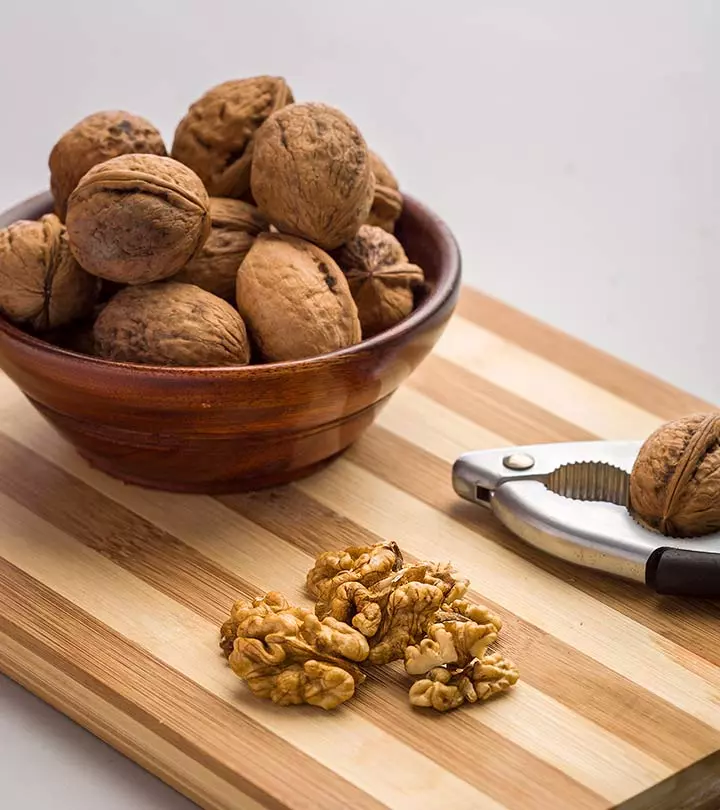
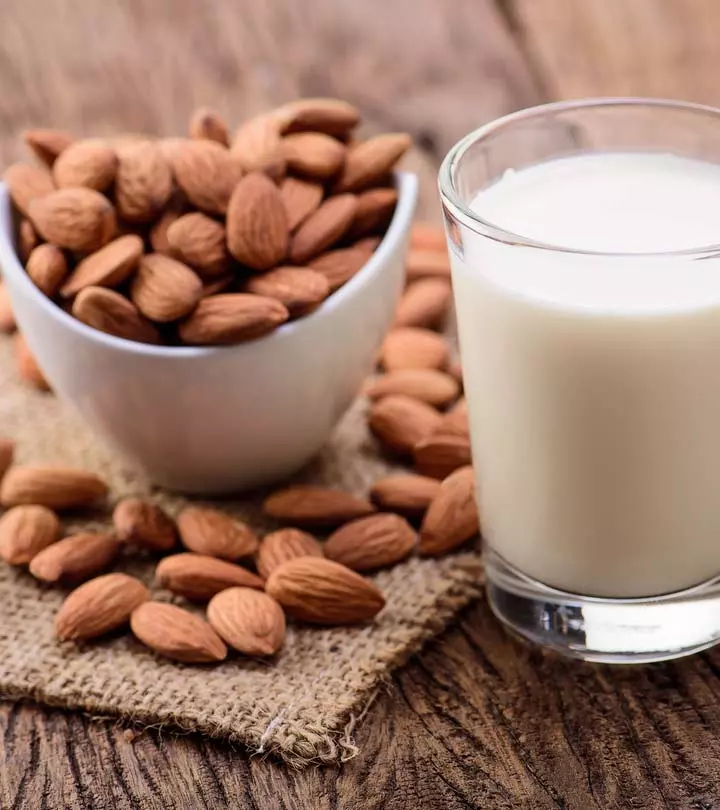



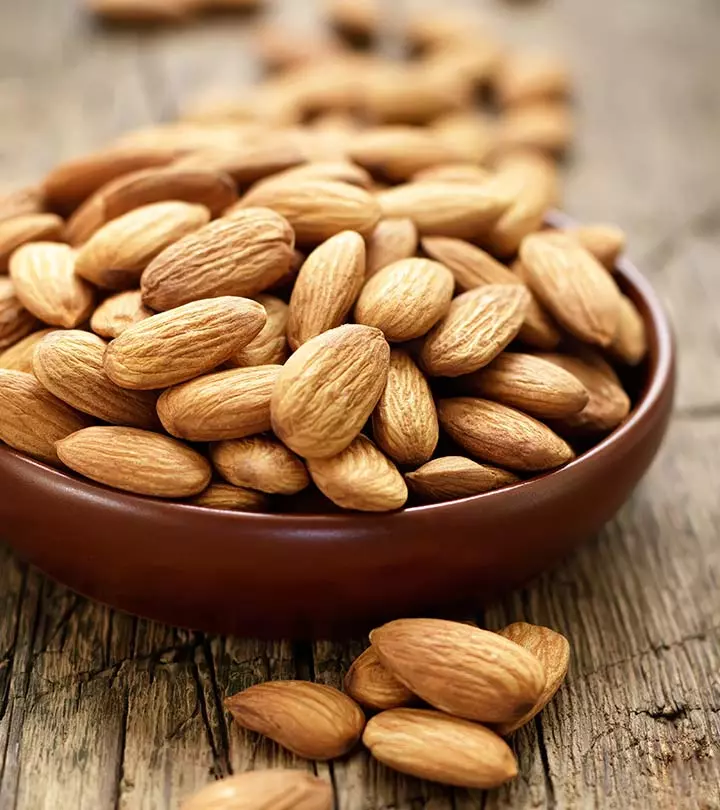
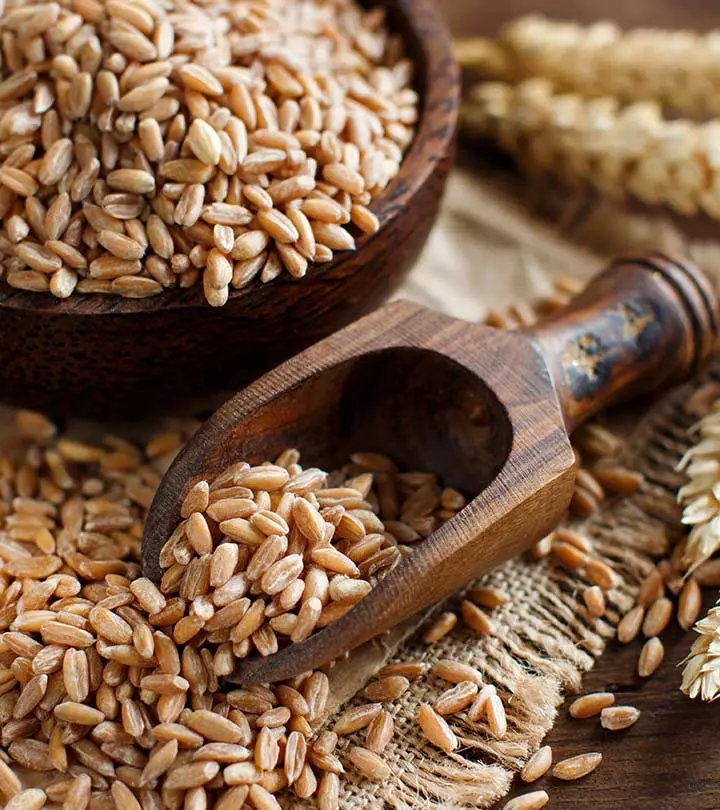
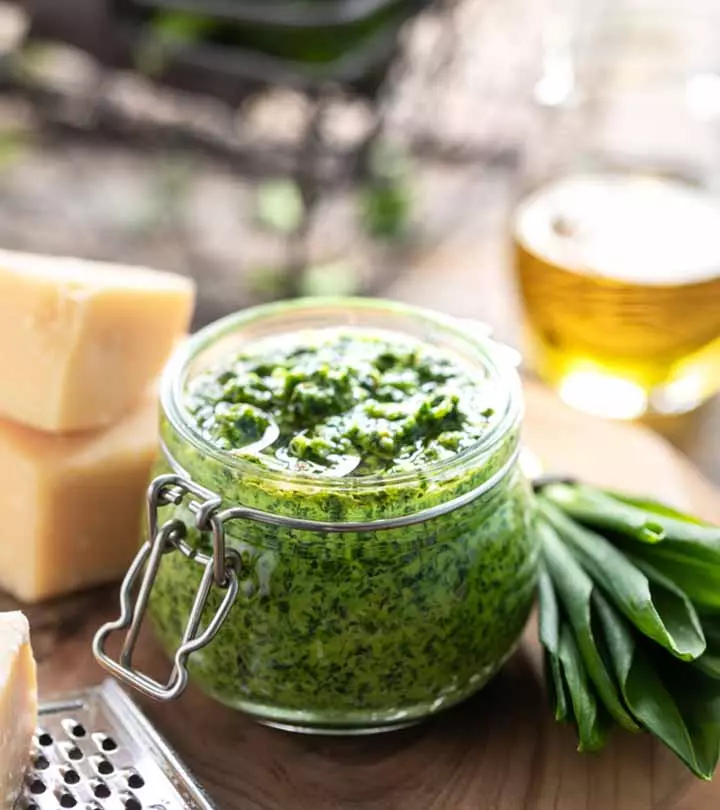
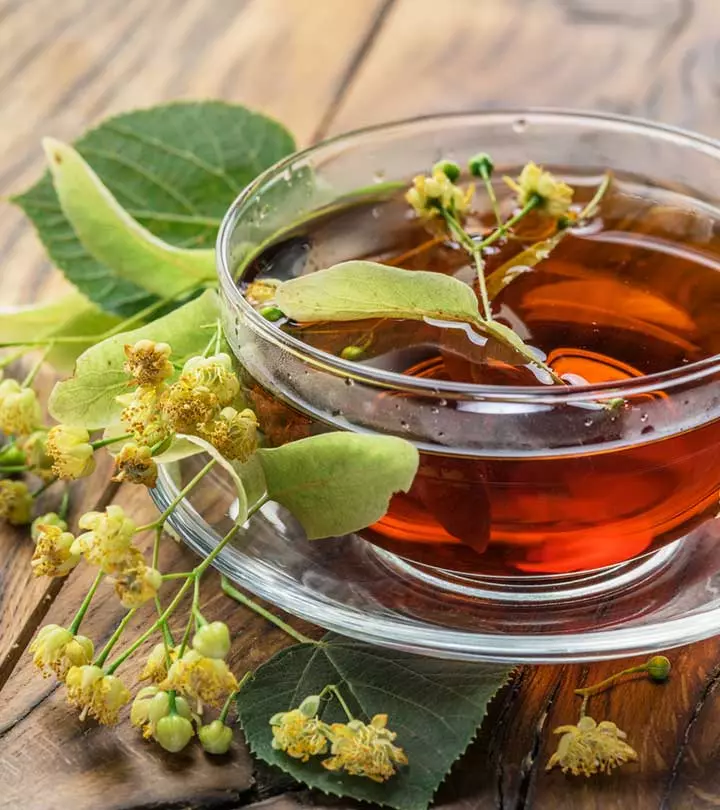

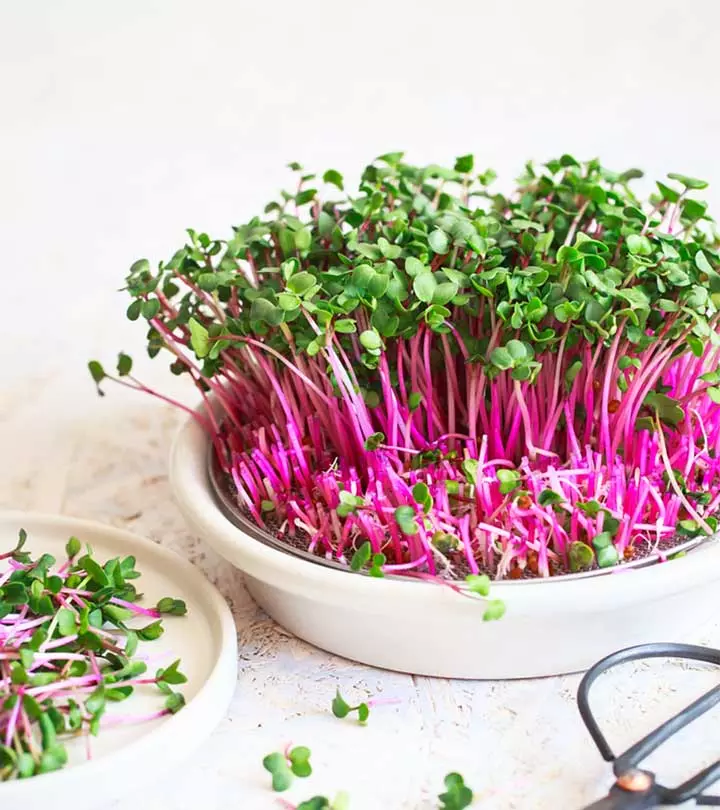
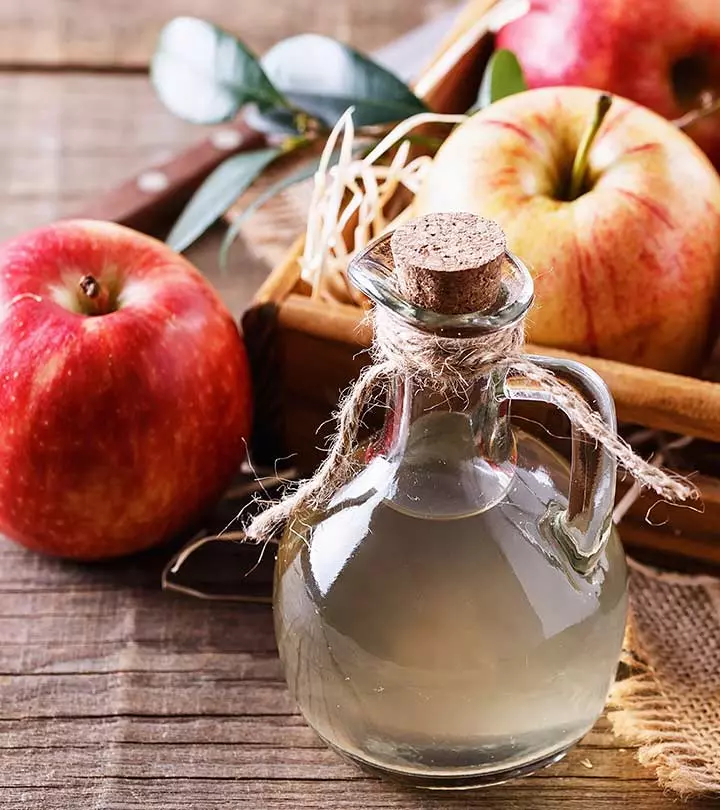

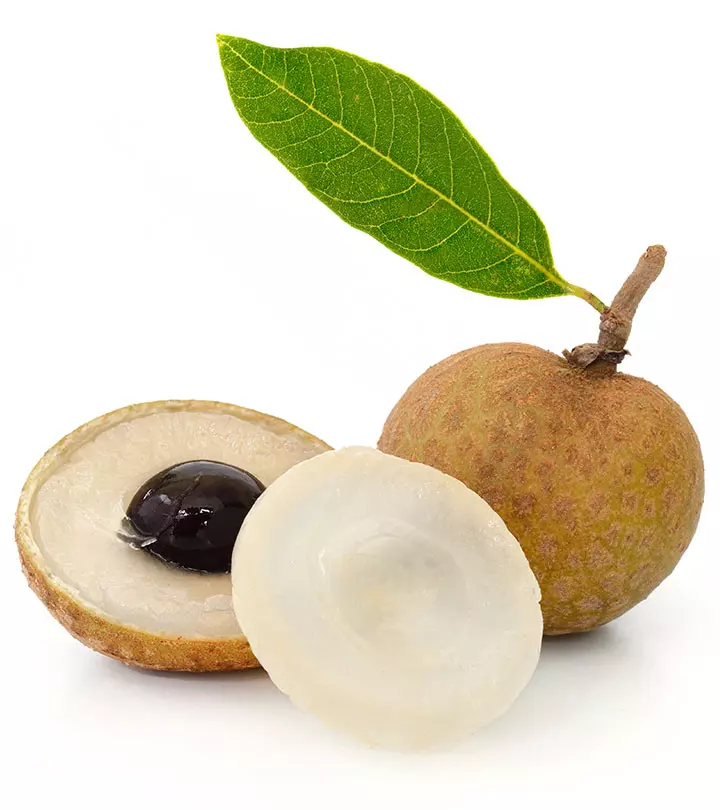


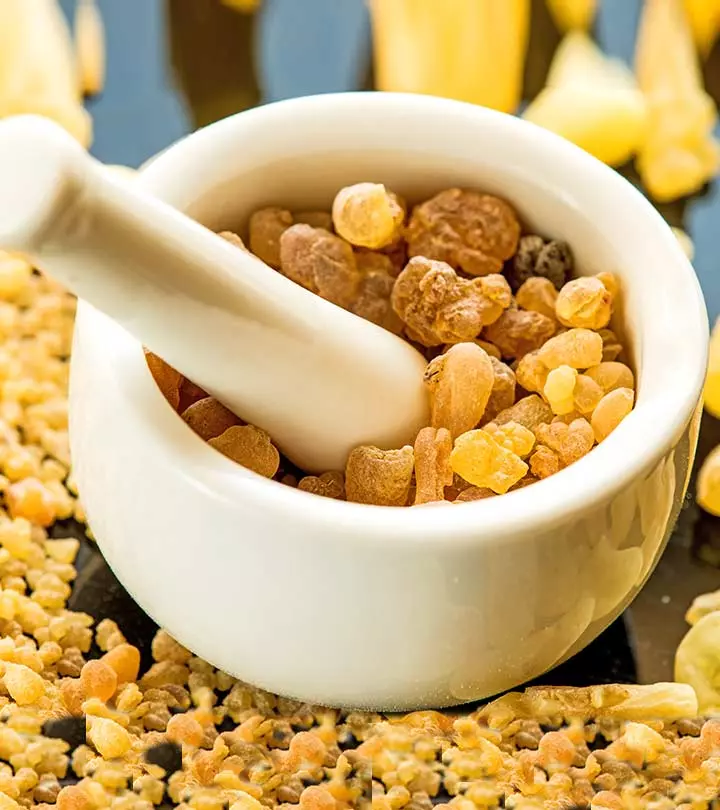
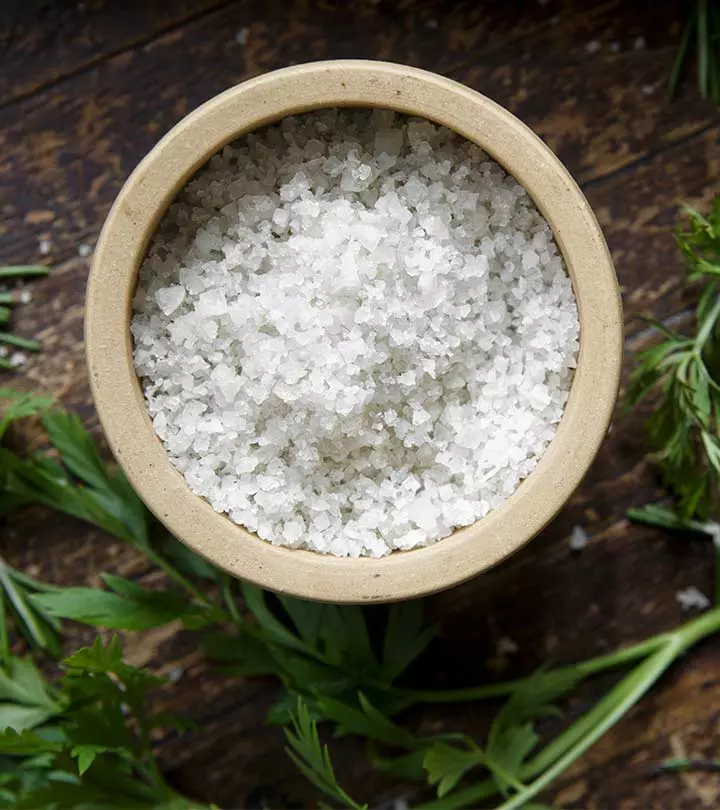

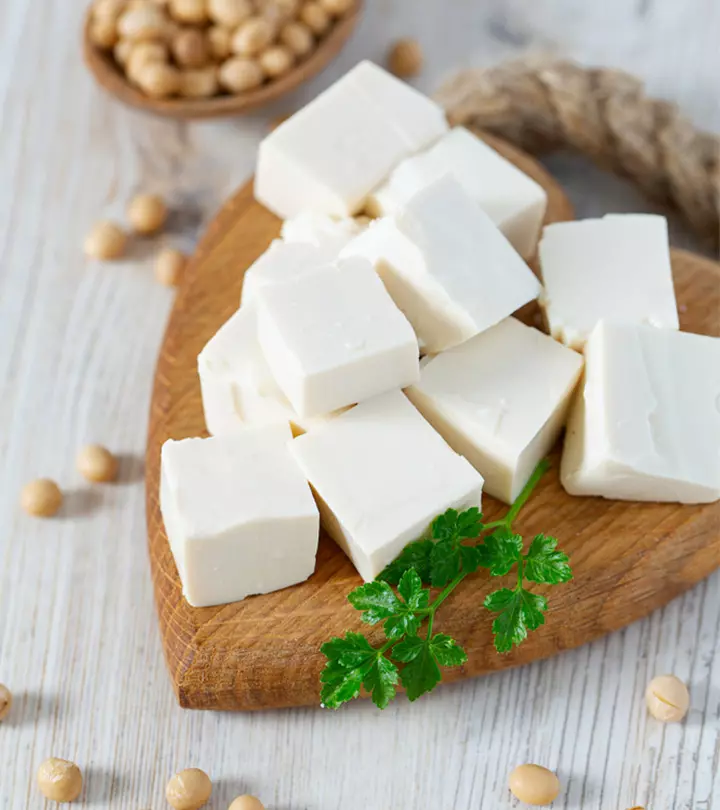
Community Experiences
Join the conversation and become a part of our empowering community! Share your stories, experiences, and insights to connect with other beauty, lifestyle, and health enthusiasts.